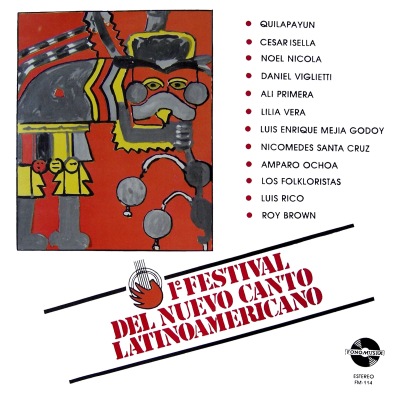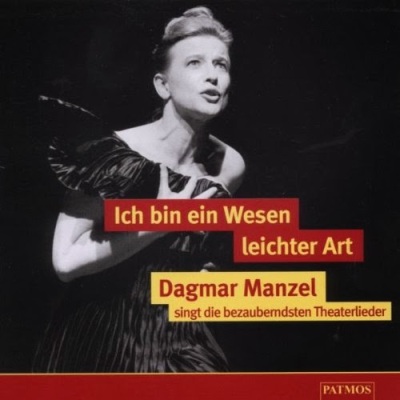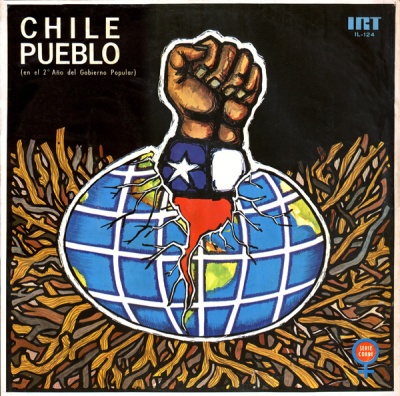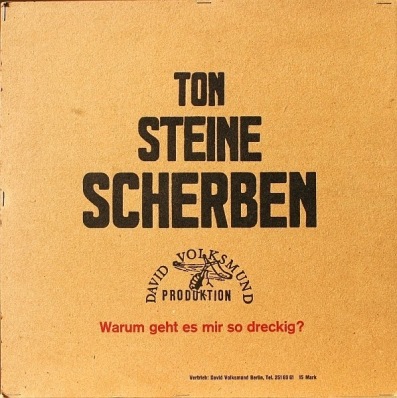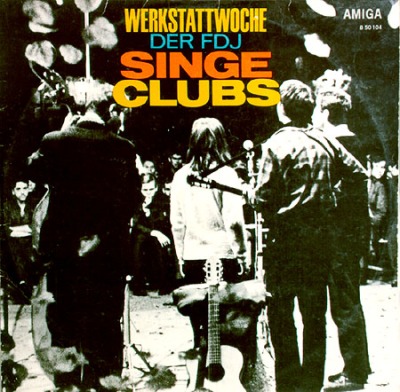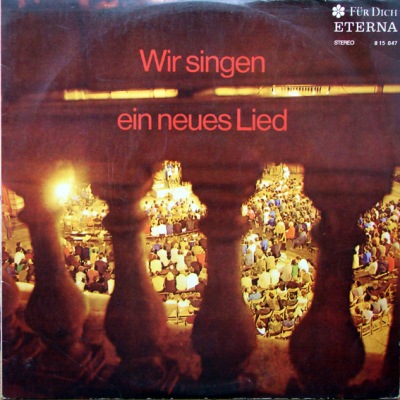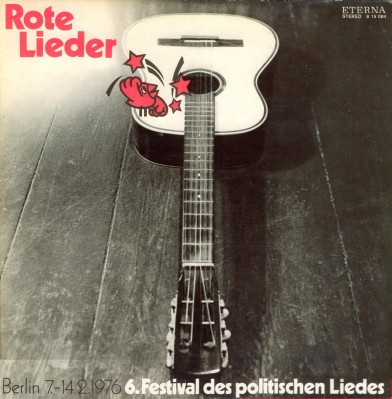 Isabel Parra is a famous Chilean singer-songwriter and interpreter of Latin American musical folklore. She was part of the “Nueva canción” (Spanish for ‘new song’) movement – a movement and genre within Latin American and Iberian music of folk music, folk-inspired music and socially committed music. Nueva canción is widely recognized to have played a powerful role in the social upheavals in Portugal, Spain and Latin America during the 1970s and 1980s. Salvador Allende´s Unidad Popular government had enormous support among Nueva canción musicians who composed the campaign song “Poder Popular” for the presidential election of 1970 and recorded “El pueblo unido jamás será vencido” in June 1973.
Isabel Parra is a famous Chilean singer-songwriter and interpreter of Latin American musical folklore. She was part of the “Nueva canción” (Spanish for ‘new song’) movement – a movement and genre within Latin American and Iberian music of folk music, folk-inspired music and socially committed music. Nueva canción is widely recognized to have played a powerful role in the social upheavals in Portugal, Spain and Latin America during the 1970s and 1980s. Salvador Allende´s Unidad Popular government had enormous support among Nueva canción musicians who composed the campaign song “Poder Popular” for the presidential election of 1970 and recorded “El pueblo unido jamás será vencido” in June 1973.
Isabel Parra was born in Chile in 1939 and began her career in music at the age of 13 when she made her first recording with her world-renowned mother, the folklorist Violeta Parra. She has since interpreted and recorded the songs of some of the most famous Latin American folk singers. After the September 11, 1973 Chilean coup d’etat she lived in exile in Argentina and France for many years. She returned to Chile when democracy returned to her country.
Isabel Parra has toured extensively during her career and was a distinctive figure in the Nueva Canción Chilena (New Chilean Song) movement. Isabel Parra is also the sister of the famous folk singer Ángel Parra and the niece of the famous poet Nicanor Parra.
Isabel Parra visited the GDR several times in the 1960s and 1970s – for example to take part in the “X. Weltfestspiele der Jugend” in 1973.
In 1971 Gerhard Siebholt and Karl Heinz Ocasek produced this album with Isabel Parra and the musicians from Quilapayun in the AMIGA studio, East Berlin. It was released in 1972 and is a part GDR’s support for the struggle of the Chilean people and the Unidad Popular government of Salvador Allende for a better tomorrow, one of equality and free from tyranny – music as “a weapon in the anti-imperialist struggle”.Tracklist:

